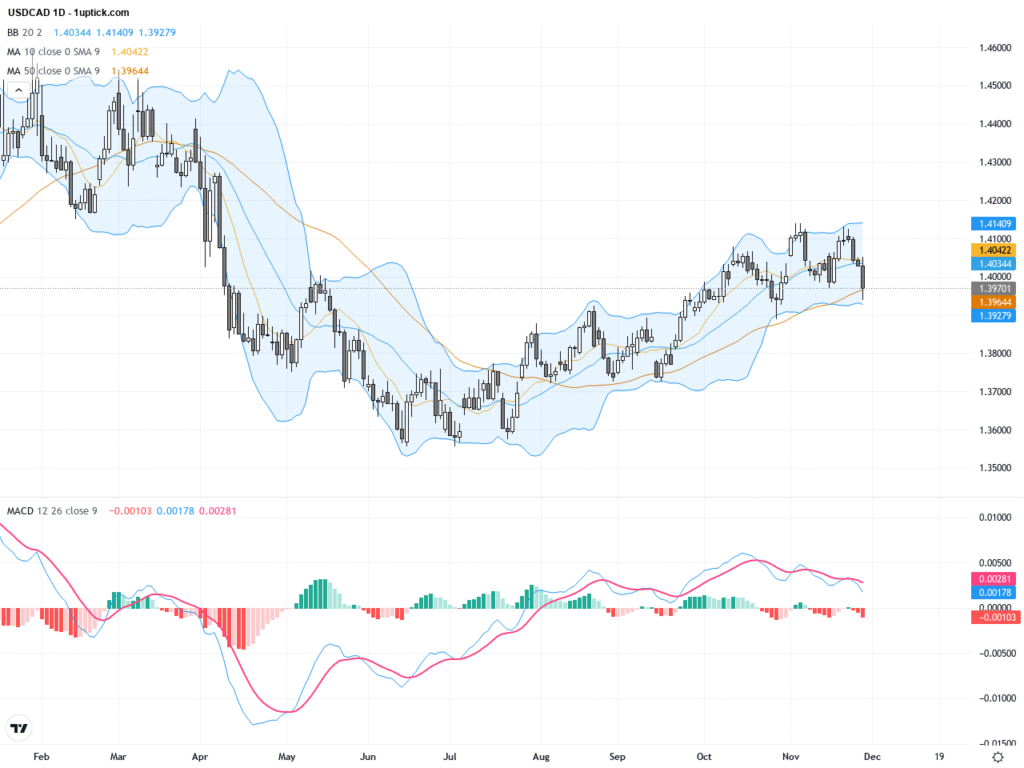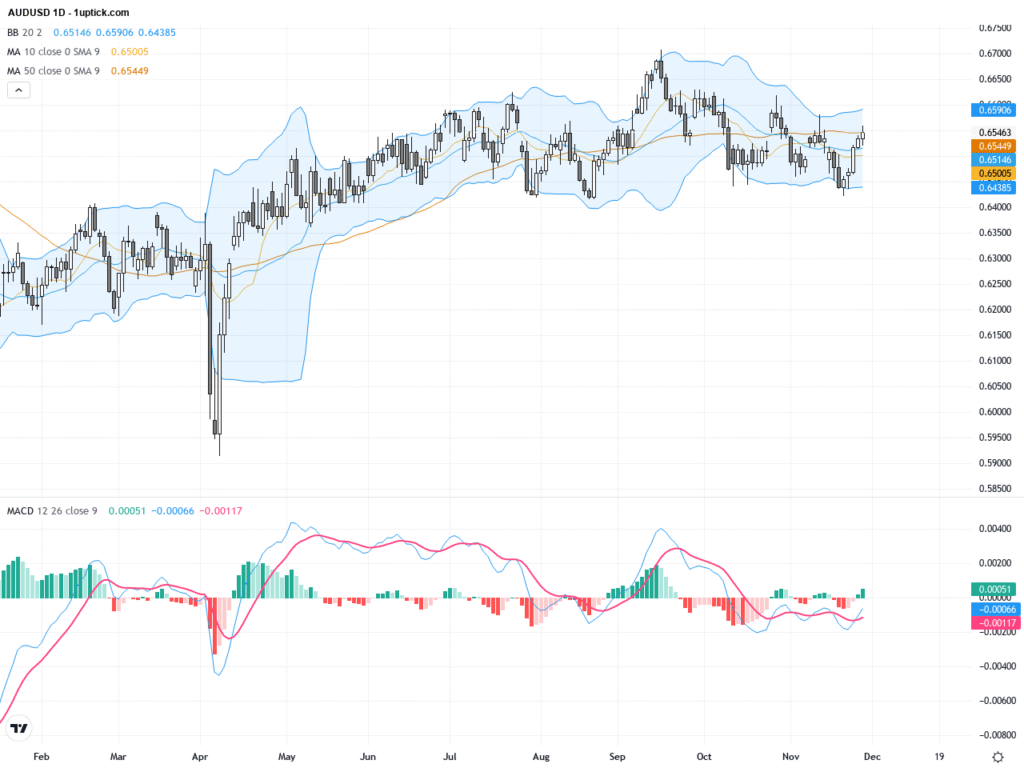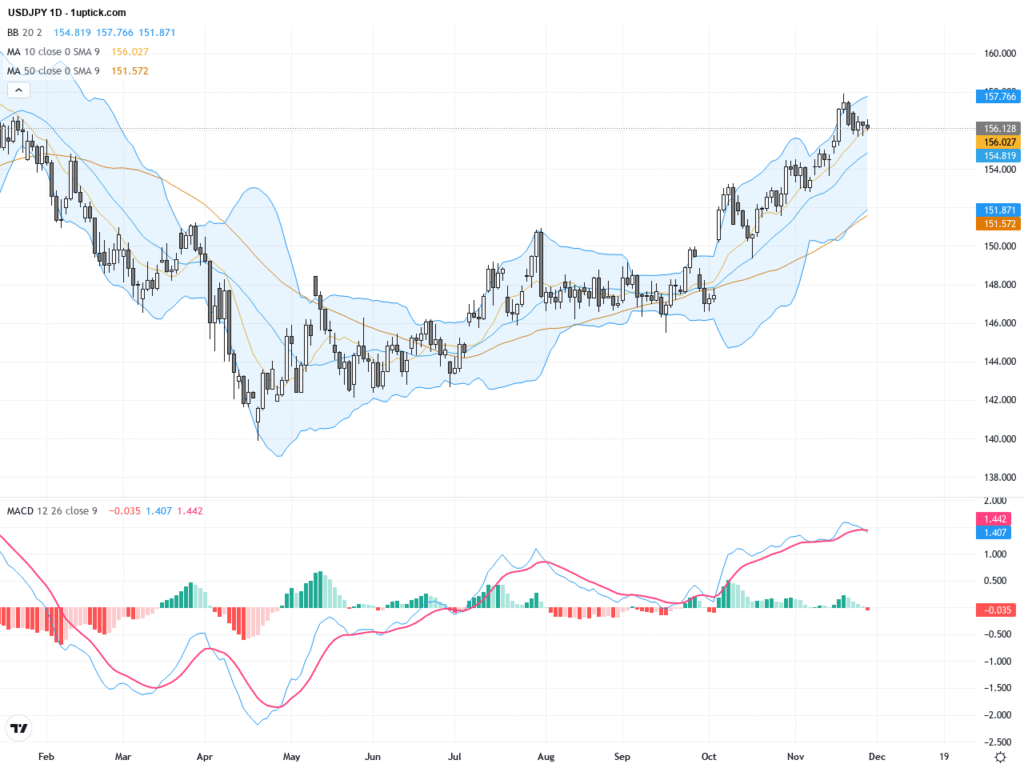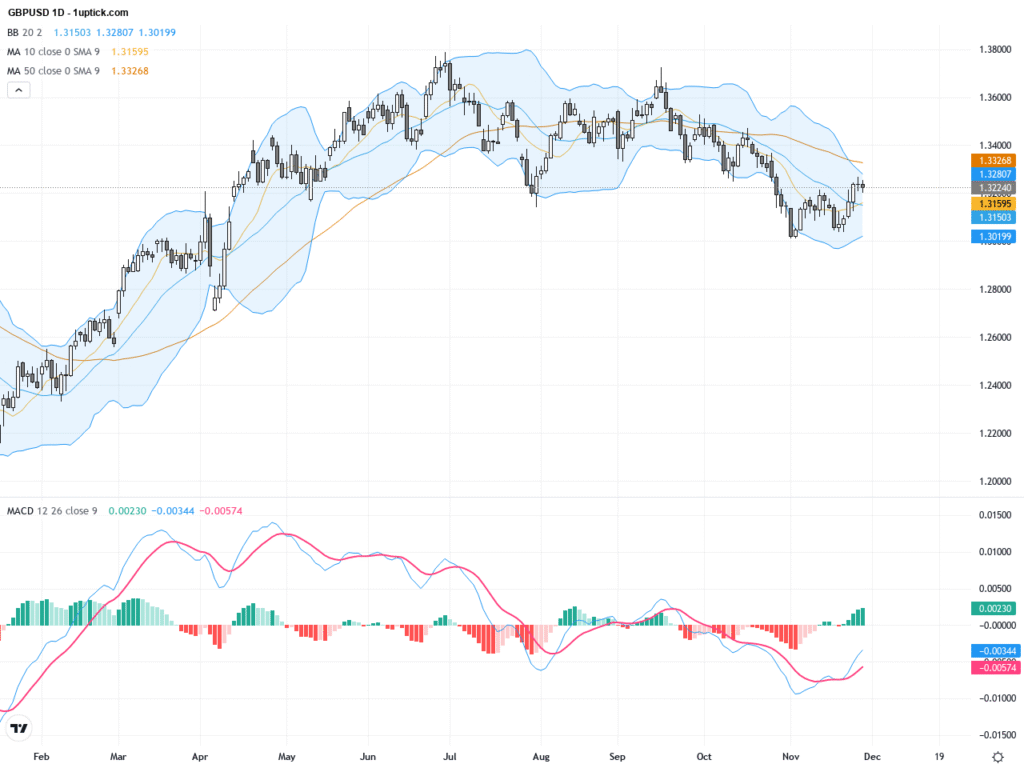 |
| Gold V.1.3.1 signal Telegram Channel (English) |

Hong Kong Property Market 2025: Trends, Challenges, and Recovery Outlook
2025-08-20 @ 14:00
Hong Kong Property Market at a Crossroads: Current Trends and What Lies Ahead
Hong Kong’s property market, long perceived as a bastion of resilience, has faced unprecedented challenges in recent years. The interplay of global economic pressures, local regulatory changes, and evolving sources of demand have transformed the landscape, raising questions about where the market is headed—and what buyers and investors should watch for in the coming months.
Recent Price Declines and Market Shifts
The city’s residential property prices have fallen significantly, dropping more than 20% from their peak. This correction has brought inflation-adjusted prices back to levels last seen over a decade ago, and transaction volumes have plummeted as cautious sentiment has taken hold among buyers and investors. Mortgage growth has stalled, further evidence of the market’s cooling as both household income growth and rental increases—while present—have failed to sustain previous momentum.
At the heart of these changes are several factors. High interest rates, stagnating population growth, and weakened buyer confidence have each contributed to reduced housing demand. Yet, it’s important to note that these pressures have also lessened the risk of asset bubbles, pushing Hong Kong real estate from a “bubble-risk” territory to only a moderate risk.
Demand Begins to Recover
Despite these setbacks, signs of renewed activity are emerging. Recent stabilizations in interest rates, along with the removal of historically restrictive market controls, have begun to buoy demand. The primary sales market saw a notable surge in the first quarter of 2025, with the number of transactions rising dramatically compared to the prior year. The secondary market mirrored this trend, though overall transaction values suggest buyers remain price-conscious.
One notable driver has been the influx of buyers from mainland China. In 2024, the number of transactions involving mainland buyers reached record highs, fueled by both policy changes and broader macroeconomic trends. The removal of the Buyer’s Stamp Duty for non-permanent residents, end of extra duties for second-time home purchases, and relaxed mortgage lending policies have all played significant roles. Coupled with government initiatives to attract talent and encourage immigration, these changes have amplified mainland Chinese interest in local real estate. As of last year, mainlanders accounted for nearly a quarter of all property transactions in the city—a dramatic increase from years past.
Supply Dynamics and Developer Strategies
The supply side has also seen important changes. Residential completions surged in 2024 after a sharp drop in the prior year, indicating renewed construction activity. However, Hong Kong’s chronic housing shortage remains unresolved, and inventory levels—though elevated in the short term—are expected to stabilize as developers adjust their pace and strategy.
Developers have become increasingly sophisticated in managing supply. Beyond simply building new units, they are adjusting construction timelines, repurposing projects, and even leasing unsold units to better balance the release of inventory into the market. Notably, the number of potential units available for immediate construction has dropped to its lowest point in over a decade, suggesting that medium-term oversupply could be avoided as market forces equilibrate.
The Office and Retail Landscape
While residential property is showing tentative signs of recovery, Hong Kong’s office and retail real estate sectors continue to face headwinds. Prime office rental rates have continued to decline, even as new lease transaction volumes return to pre-pandemic levels. In the retail segment, increasing visitor arrivals have yet to translate into higher sales or rental growth, with high street vacancy rates remaining elevated. This points to ongoing tenant reshuffling rather than the emergence of new demand.
Looking Ahead: Market Equilibrium and Recovery Prospects
Industry analysts suggest that Hong Kong’s residential property market may reach a new equilibrium later in 2025. Inventory levels are expected to gradually decline toward more balanced levels as the number of new launches and completions is brought in line with underlying demand. Strategic actions by developers—particularly their careful management of supply—are likely to play a crucial role in this process.
Nevertheless, potential threats remain on the horizon. Geopolitical risks, such as the evolving relationship between the US and China, persist as key concerns. Any increase in global uncertainty could quickly ripple through the city’s real estate markets.
Conclusion: What Should Buyers and Investors Do Now?
Hong Kong’s property sector is clearly in flux. Those looking to buy should recognize both the opportunities and risks presented by current dynamics. Declining prices, ongoing policy support, and changing sources of demand mean that well-informed buyers can find value—but patience and careful due diligence are more critical than ever. For developers and investors, adaptability in supply strategy and market positioning will likely be the keys to success as the city’s property market works toward a new equilibrium.
Staying attuned to policy changes, shifts in demand from mainland buyers, and macroeconomic developments will be crucial for anyone with a stake in Hong Kong’s real estate future. The next chapter is still being written, and those who remain vigilant will be best positioned to navigate the uncertainties ahead.








